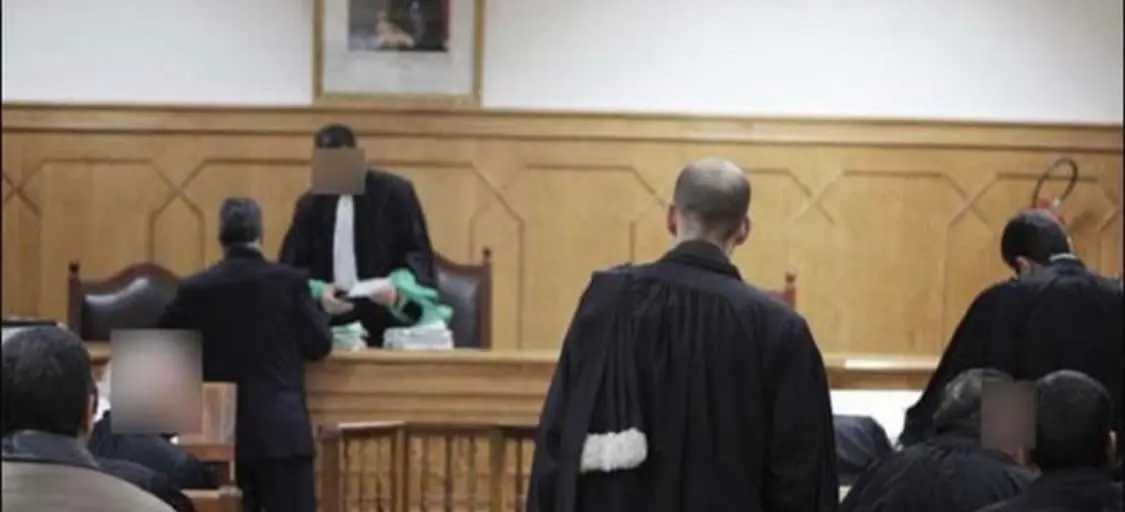It has long been argued that classrooms are reserved to learning and that the only actors in the learning process are the learners and their teacher. With the outburst of social networks, however, a new actor has appeared. As far as my teaching experience in Tunisia is concerned, students are no longer ready to concentrate for the whole session interacting with their teacher or with each other. Instead they size any opportunity to consult their gadgets in a bet to check their Facebook accounts or their emails. Once I complain about this, they come up with stories, like they are checking the meaning of a word, asking about their sick mothers, or even reassuring their families that they are okay. Inventing such stories does not hide the truth that social networks addiction is dominating all parts of our lives and the classroom is no exception. Young people at the age of learning are obsessed with these new sources of information and communication. Learners feel that once you prevent them from using their mobile phones or when you ask them to shut down their computers, when the nature of the subject does not require the use of a computer, you are depriving them from a right. The world cannot run without these new means of communication.
When I tried to use these social networks in a way that help learners to communicate and learn at the same time, I usually find a kind of resistance from them. I ask them to share links or opinions about the issues we discuss in class, yet I find that they do not enjoy such tasks. To them social networks are only to discuss private talks between friends. When it comes to “deeds,” social networks become really a helpful tool for cheating. Learners share answers or they ask for help from their partners outside the room. Again, once I complain, they always find answers, like, “we are merely checking the remaining time.”
From the testimonies I have already mentioned we can clearly see that learners’ use of social networks in class is a reality that one cannot deny. This use however is restricted to the negative side of learning: either to chat and lose concentration or to cheat the day of the exam. I still believe, however that social networks can be a good medium to motivate learners and help them develop their skills. Like in politics and other fields, social networks became a very helpful means of transmitting messages, interacting with others and sharing views. In education, social networks can also play a constructive role. I can see some students benefit from the use of emails, google translations and grammar checker in their learning outside the classroom. They receive materials from their teachers as well as from other colleagues. During the classroom sessions it can be helpful to use YouTube videos to animate history or geography sessions as well as language conversations. It is also very interesting to visit Facebook pages of literary writers or scientists. Some Facebook pages are also devoted to historical events like the French revolution, world wars and independences days of some countries.
Likewise, social networks can be at the same time a source of pleasure for learners and a source of learning. Learners can at the same time learn and enjoy learning. In doing so, learners can change their views concerning social networks and get rid of the traditional prejudice that social networks can only be a source of entertainment.






